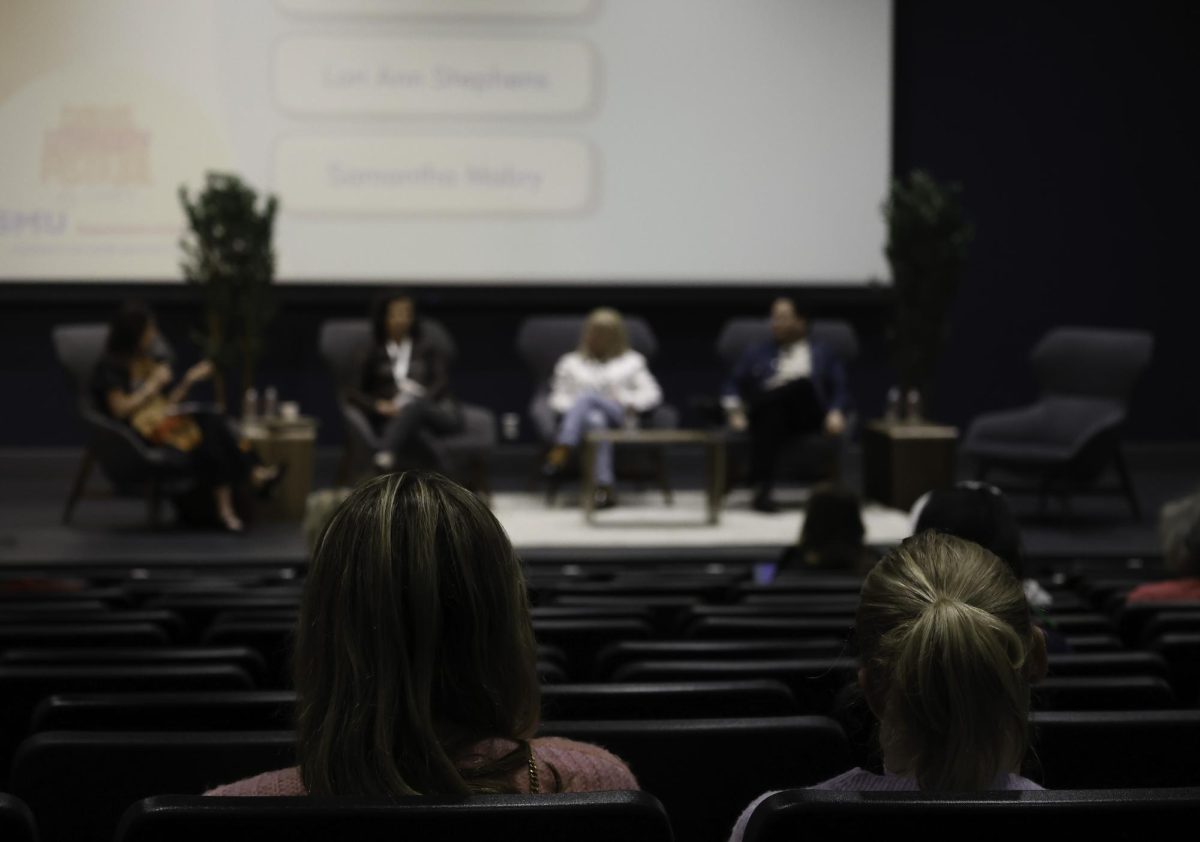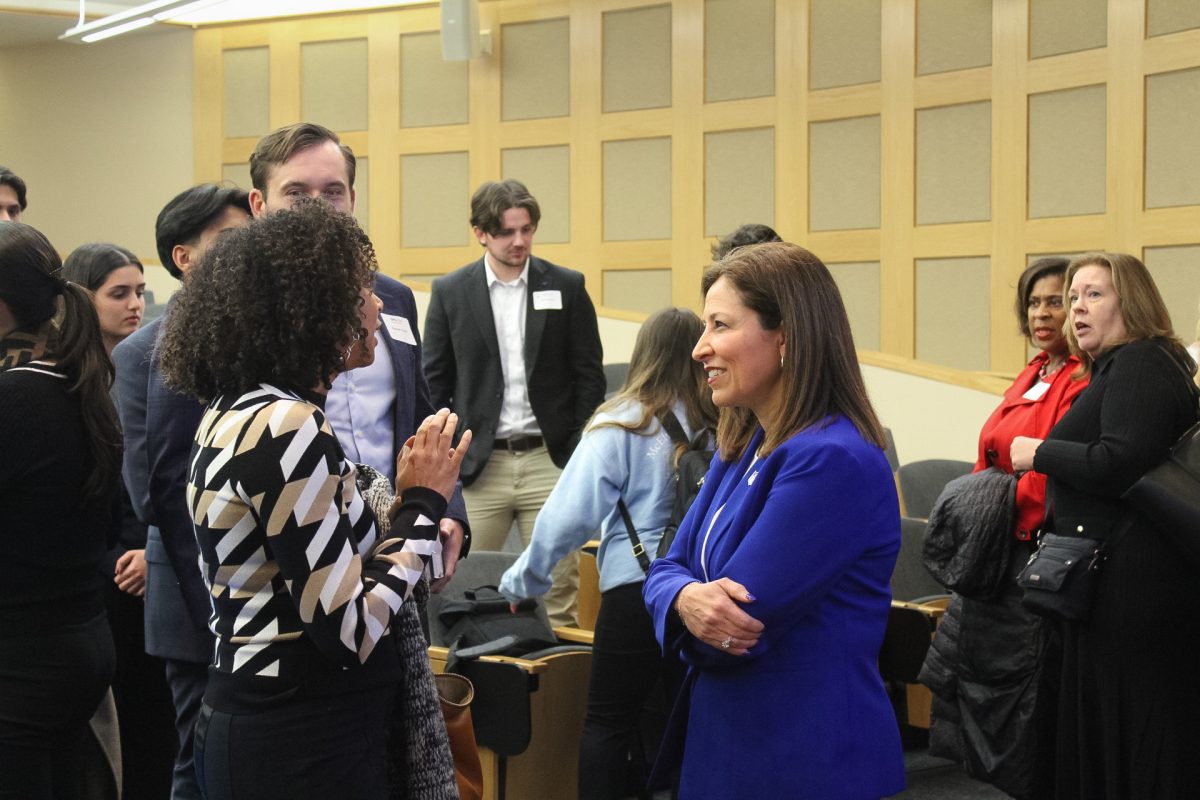The wake of an admissions scandal affecting some of the most prestigious universities in the United States led to a letter from President R. Gerald Turner affirming the values of Southern Methodist University.
The scandal has led to the arraignment and guilty plea by William Rick Singer, 58, who faces up to 65 years in prison if he is found guilty. Students at SMU may not have to worry since SMU was not one of the many schools implicated, but it does raise questions about the adequacy of college application review across the country. If these “side doors” exist as Singer claims, it could pose serious risks to other universities.
“Without drawing any conclusions about the legitimacy of any of our student applicants, SMU’s Office of Admissions is working with the Office of Legal Affairs to seek and review the admission records of any students who may have been associated with ‘The Key,’ the company at the center of the college admissions investigation,” the letter read. “Our goal in conducting this review is not to cast doubt on any student’s qualifications for admission, but to safeguard the reputation of the admission process for all of our students.”
According to numerous reports, there are 761 families that benefitted from the “side doors” with over 750 families implicated in the scheme. Beneficiaries include actresses Lori Loughlin and Felicity Huffman, and has led professional golfer Phil Mickelson to issue a statement stating that he only used Mr. Singer’s company as an admissions process consultant.
The backlash has come from students at these universities who are claiming that their degrees no longer have the same value. In other cases, students are suing because they were denied from some of the schools implicated while boasting remarkable application characteristics.
The Turner’s letter goes on to state, “When SMU offers admission to a potential student, the University must rely on the accuracy of the information the student has provided – including standardized test scores.”
This is important because Singer’s company bribed admissions officials and allegedly falsified standardized test scores, a process that likely avoided the spotlight on many campuses, including SMU, who rely on a self-reporting model. Universities may have to directly source scores from the College Board to verify self-reported scores. However, that still may not be foolproof given the depth of Singer’s operation.
According to The New York Times, the University of Southern California has announced it plans to reject all six of its applicants linked with Mr. Singer’s criminal operation. Other universities implicated could follow suit, but it is not likely to calm fears over students who are currently pursuing degrees at these universities.
When reviewing applications, universities examine many factors as part of the “holistic review process” that has become a popular tagline of many admissions programs. Nonetheless, standardized scores are a way for universities to level the playing field for applicants, by evaluating their performance on these tests and comparing them to the national averages and the averages of their student bodies.
The letter adds, “Unless administrators of the ACT and SAT revoke a student or potential student’s test scores, there is no basis for SMU to question them.”
As of this moment, it looks like students at SMU may be relatively unaffected by this. However, this scandal has rocked the college admissions playing field, and significant changes could be coming.
For now, that’s all the information available. SMU should keep its student body informed, as this has a significant impact on how students are affected. SMU did mention there is an ongoing review, so we hope the results will be made public.





















